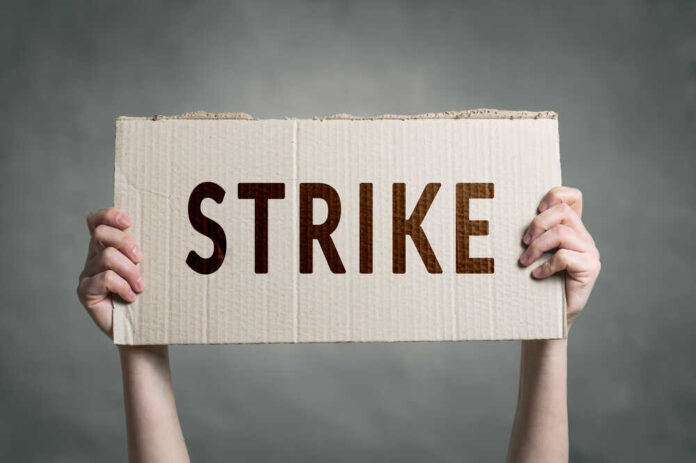
According to reports, Democrats in the California State Assembly who support labor have been inspired to change the law so that striking workers can receive unemployment checks as they picket over better wages and work conditions. With the bill’s passage, California would join New Jersey and New York as the only other states to do so.
However, unlike other states, California cannot pay the benefits owing to unemployed people. Opponents from the business community say expanding access to these benefits will exacerbate the issue.
According to progressive groups and labor unions, the unemployment benefits fund has been underfunded. Businesses pay into the fund based on each employee. However, the tax applies only to the first $7,000 in wages, which has remained unchanged since 1984 and is the smallest amount permitted under federal law.
Since then, the state legislature has raised payments for the unemployed in 1989 and 2001. For this reason, the state of California’s unemployment insurance fund has consistently been one of the most lopsided in the country, according to Jared Walczak, vice president of state programs at the Tax Foundation, a neutral tax policy organization. Either the tax rate needs to go up, or the benefits should be reduced. The state, however, has chosen to take risks for decades.
A report indicates that with the ongoing writer’s strike and the threat of additional work stoppages, such as a strike by eighty-five thousand employees at Kaiser Permanente, this issue has the potential to become one of the most contentious in the last weeks of the state’s legislative session this year.
During significant unemployment, such as a recession and the coronavirus outbreak, when governments ordered many enterprises to close, states typically lack money to provide unemployment benefits.
Despite three years of high job growth in California, the independent Legislative Analyst’s Office predicts that this year’s benefit payments will outnumber revenue from taxes by $1.1 billion.
However, the state still owes the federal government almost $18 billion in unemployment compensation funding from when the pandemic was at its height. The state will spend the next decade covering that debt and interest.














